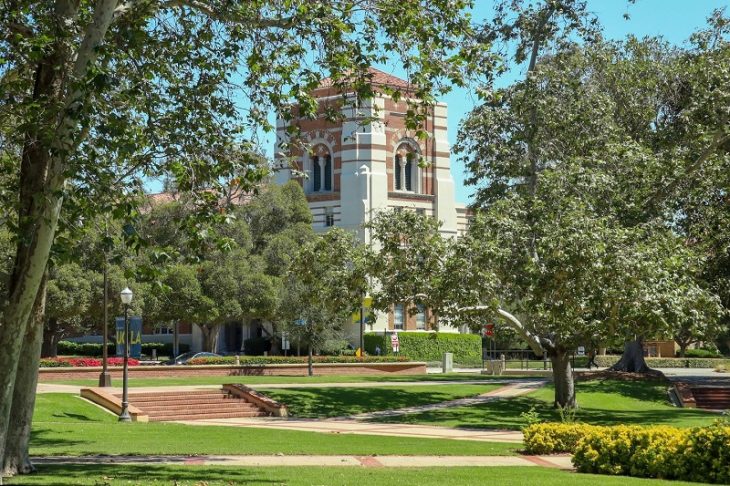The 2022-23 spending plan allocates $13 million to labor centers in the University of California system
Scholars at UCLA who are dedicated to studying working conditions, eliminating unfair labor practices that disproportionately affect workers of color and educating the next generation of labor and social justice leaders will be able to increase the scope of their work as they share in California’s single largest budget increase for the University of California’s labor centers.
The funding from the state legislature will go toward three UCLA units: The Institute for Research on Labor and Employment, the Labor Center and the Labor Occupational Safety and Health Program. This breakthrough comes at a crucial time for working people across the state, as class and racial disparities have intensified amid the COVID-19 pandemic.
“At a time when billionaires are making massive profits during the pandemic, essential workers on the frontlines face poverty wages,” said Kent Wong, director at the UCLA Labor Center. “The expansion of labor centers and labor studies within the University of California will advance research, education and policies that serve working people and promote economic and racial justice.”
California’s 2022-23 budget, signed by Gov. Gavin Newson on June 30, includes $13 million to fund research, education and public engagement on labor issues throughout the UC. The allocation, which will be ongoing in future state budgets, represents the single largest budget increase to UC labor centers since their establishment in 1964 and since the establishment of the Institute for Research on Labor and Employment in 1946.
The increased funding will build upon UC’s decades-long labor research and education programs that have provided policymakers and labor and community leaders with policy-relevant research affecting California’s workers, especially workers of color, immigrants and low-wage workers. Recent research efforts at UCLA include investigations into the impact of the COVID-19 crisis on gig workers, fast food workers and nail salon workers, the creation of a blueprint to promote economic recovery for Black workers and an evaluation of highroad workforce development partnerships across the state.
In addition to supporting programs at UCLA, the budget increases funding for the labor center and labor occupational health program at UC Berkeley, and the labor center at UC Merced. Additionally, the budget allocation will fund new labor centers at UC Davis, UC Irvine, UC Riverside, UC Santa Barbara, UC Santa Cruz and UC San Diego.
This funding was made possible through the collaborative efforts of the California Labor Federation, key labor unions throughout the state and elected officials including California State Sen. María Elena Durazo (D-Los Angeles), Assembly Speaker Anthony Rendon (D-Lakewood), Senate President Pro Tempore Toni Atkins (D-San Diego) and Assemblymember Mike Fong (D-Los Angeles).
“I was proud to champion this effort to grow the incredible work of these centers across our universities. Now more than ever, we need a worker-centered economy in California, and labor policy that serves the interests of working people,” Durazo said.
The funding will also support labor studies programs, student internships with labor and community-based organizations throughout the state and other initiatives to prepare UC students for careers in labor and worker-related institutions.
“This represents the single largest growth of our units in the history of our field and will make a lasting imprint on workers and efforts to level the playing field, to focus research on policies that improve wages and earnings, and to support studies that enhance workplace and worker opportunities that lead to more sustainable and equitable lives,” said Abel Valenzuela Jr., director of the UCLA Institute for Research on Labor and Employment. “My colleagues and I could not be more thrilled and ready for this incredible opportunity to build upon UCLA and California’s labor research, education and service that we have advanced for over 70 years.”
























